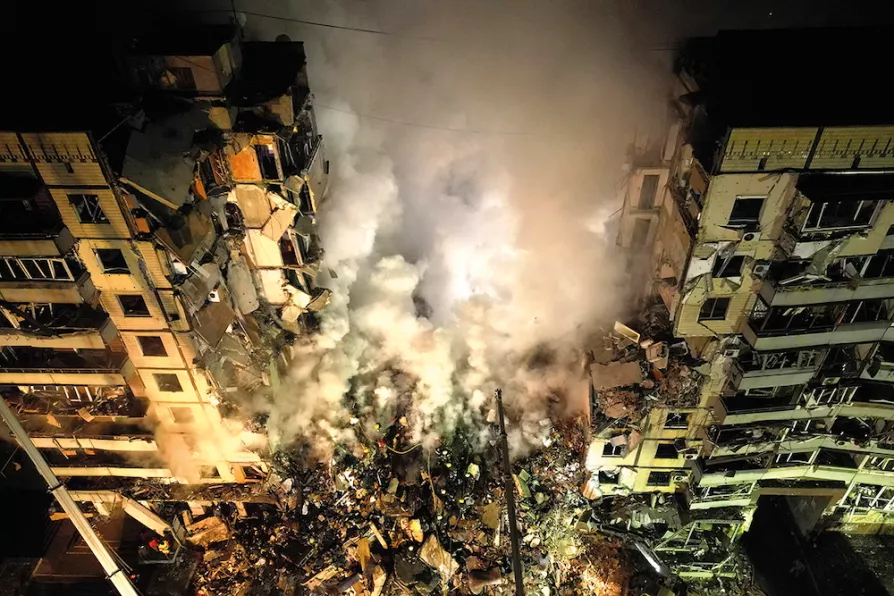RAMZY BAROUD offers six reasons why Netanyahu is prolonging conflict in the Middle East

 Emergency workers clear the rubble after a Russian rocket his a multi-storey building leaving many people under debris in the south-eastern city of Dnipro
Emergency workers clear the rubble after a Russian rocket his a multi-storey building leaving many people under debris in the south-eastern city of Dnipro
THIS conference turns the spotlight on the key question of our time, namely how can humanity, in all its diversity, achieve balanced coexistence?
In a context of war, militarisation and increasingly bitter bloc confrontation with the potential to escalate into a third world war, this question is of existential importance.
I speak to you today as a member of Parliament from the left-wing opposition in a country that is a warring party in the Ukraine conflict.

In a speech to the 12th Xiangshan Forum in Beijing, SEVIM DAGDELEN warns of a growing historical revisionism to whitewash Germany and Japan’s role in WWII as part of a return to a cold war strategy from the West — but multipolarity will win out

In the first half of a two-part article, PETER MERTENS looks at how Nato’s €800 billion ‘Readiness 2030’ plan serves Washington’s pivot to the Pacific, forcing Europeans to dismantle social security and slash pensions to fund it












